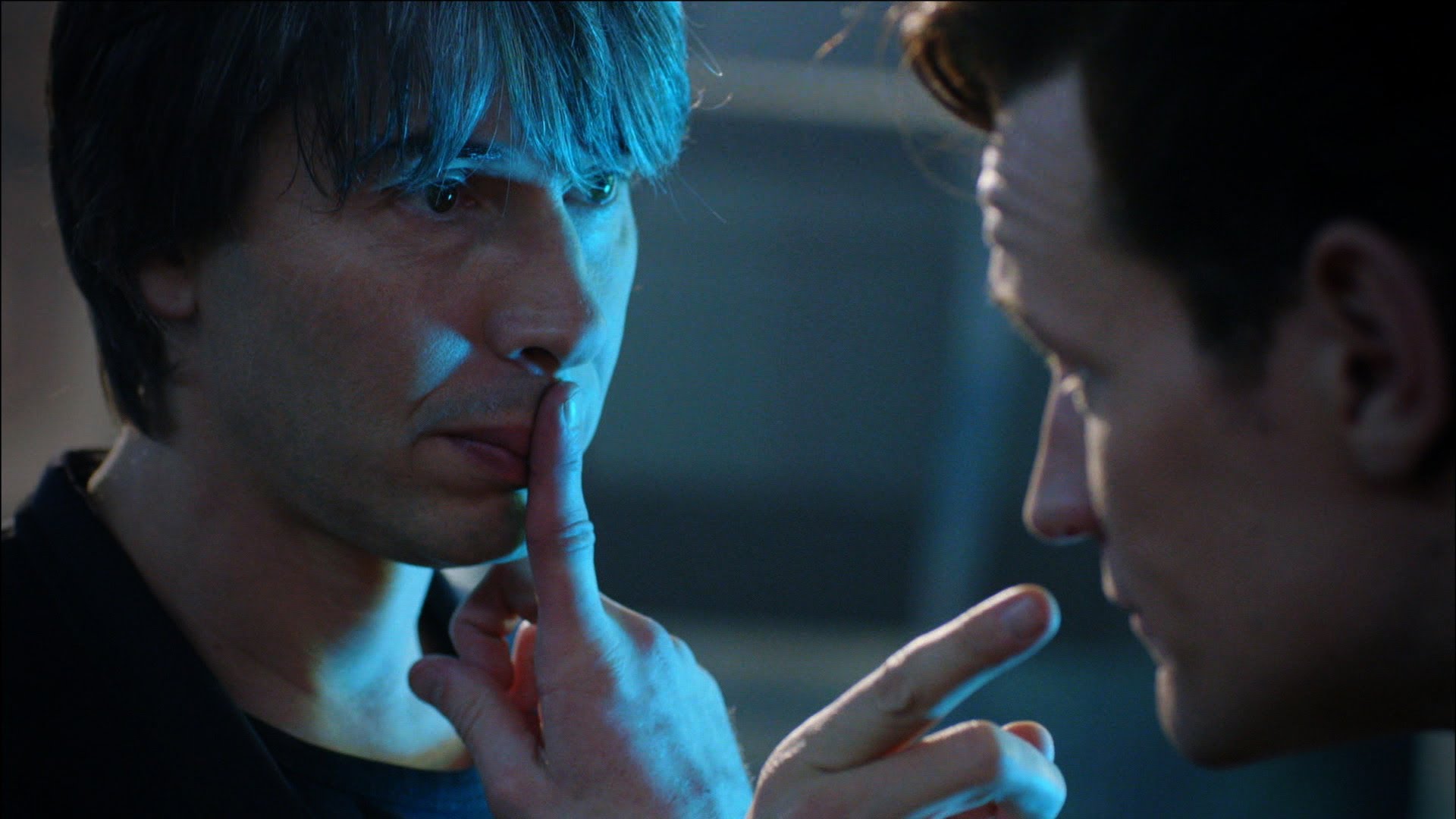Every week we’re bringing you recommendations for great movies or TV shows streaming on Netflix. This week’s selection is…
“The Science of Doctor Who” Written by Brian Cox, Directed by Steve Smith, Starring Brian Cox, Matt Smith, Dallas Campbell, Jim Al-Hkalili, Charles Chance, and Rufus Hound. Originally aired November 14, 2013.
Everyone knows that “Doctor Who” is on Netflix, it’s one of the most popular programs they have, so much so that when the fans found out the license was running out and it would be pulled from the streaming service they rallied enough support to keep it around, thank Crom.
What you may not know is that there is also a one hour special called “The Science of Doctor Who” written and hosted by physicist Brian Cox.
Cox is an English scientist, professor of particle physics at the University of Mancheser, and science popularizer. He also plays a mean keyboard. His credentials along with English citizenship makes him the perfect scientist to tackle the science of the longest running sci-fi series on television.
During the course of the hour Cox makes the case that while “Doctor Who” is a work of fiction and was never intended to represent real science, that much of its content can be explained or at least explored through what we know about the universe, astrophysics, and the nature of time.
Cox covers such topics as the possibility of alien life in the universe, how each of us travel through time relatively, and the most easily digestible explanation of spaghettification at the event horizon of a black hole.

The program is primarily a recorded lecture held at the Royal Institution’s lecture hall, but the content is intercut with segments of Cox in the Tardis with the eleventh Doctor played by Matt Smith.
The interplay between the Doctor’s fictional knowledge of time and space with Cox’s real knowledge allows for a few well earned laughs.
Cox leverages the long running and recently increasing popularity of “Doctor Who” to trick the audience into being educated and enlightened. He talks about heady scientific hypotheses and theories through the framework of the Doctor and his adventures and while the ultimate conclusion is that humanity is nowhere near unlocking the secrets of traveling through time and vast distances of space, he lays the groundwork for why these things might be possible at some point in the future, and how, in at least some small way, we’re all time travelers.